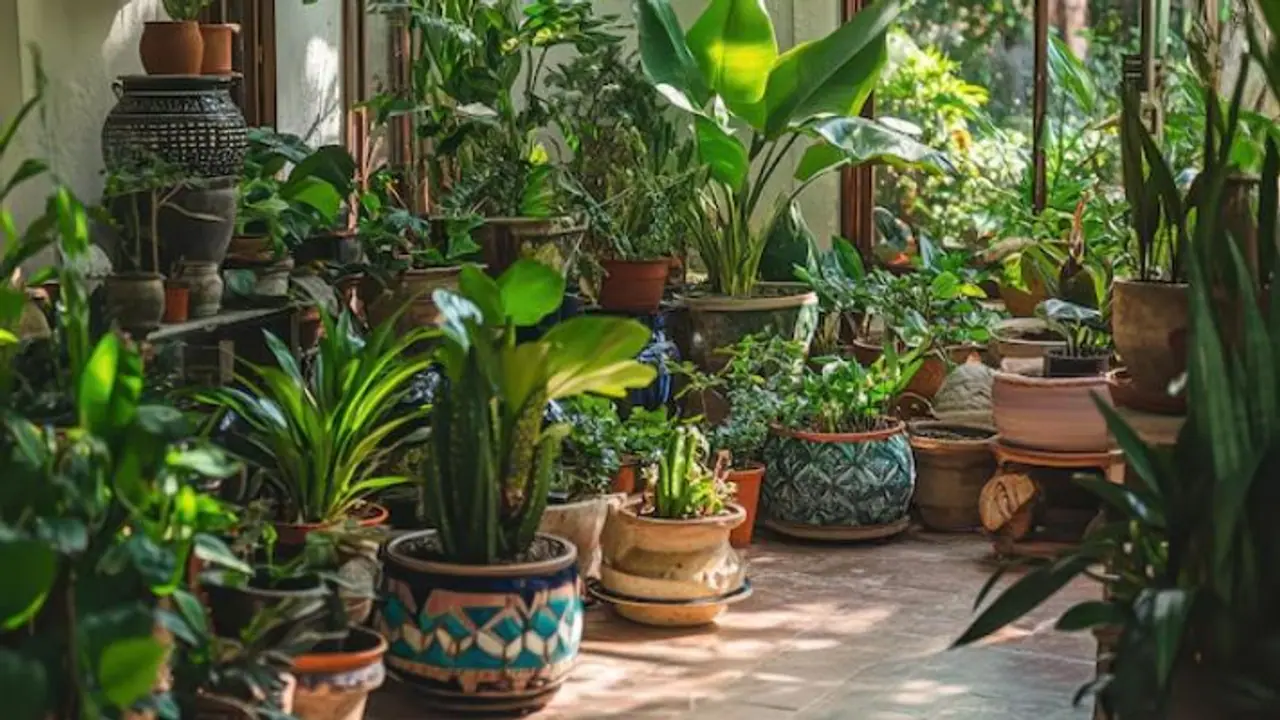Zero-waste gardening is a simple yet effective means of improving the world and your garden as well. Recycling food waste can prevent wastage, promote healthy plant growth, and save you money as a green gardener!
Zero-waste gardening is a sustainable garden method that doesn't leave waste behind by reusing plant waste, such as kitchen waste, to nourish plants and maintain the health of the soil. Rather than disposing of food peels or leftovers, you can convert them into useful nutrients for your garden. Let us find out how and how you can apply it in your day-to-day life.

What is Zero-Waste Gardening?
Zero-waste gardening is reduction of waste. Recycling organic wastes rather than dumping them. It promotes composting,. recycling, and. reusing home trash in a non-intrusive and. non-polluting manner in order to naturally feed plant growth without further harming the environment.
Why is Zero-Waste Gardening a Good Thing?
Reduces waste – There is less organic trash in dumps.
Improves soil quality – Compost enriches the soil naturally.
Saves money – Less fertilizer or soil conditioner used.
Green gardening – Promotes sustainability and a greener world.
Kitchen Scraps That Are Amazing for Plants
One can use some wastes from the kitchen that are available at home for gardening. Some of the most important ones include:
Fruit & Vegetable Peels – Very nutritious, can be added to supplement in compost.
Eggshells – Supplement calcium to soil and protect plants against diseases.
Used Coffee Grounds – Add nitrogen to soil and are a natural manure.
Banana Peels – Packed with potassium and phosphorus, excellent for plant growth.
Onion & Garlic Skins – Keep pests away when incorporated into the soil.
How to Use Kitchen Scraps for Your Garden
A. Composting Kitchen Scraps
Composting is one of the most excellent uses of kitchen wastes. Merely gather food wastage and allow them to break down to fertile soil.
Composting Process:
Choose a compost bin or area in the garden.
Mix greens (fruit, vegetable scraps) with browns (dry leaves, paper).
Aerate periodically and give composting process weeks/months.
Then, use the compost for plants to feed them.
B. Direct Application of Kitchen Scraps on Plants
Not everything in the kitchen scraps needs to be composted before it gets pitched into the garbage! Some can be applied directly on to the garden:
Banana Peels – Chop finely and use close to plant roots.
Eggshells – Grind and incorporate into soil as a source of calcium.
Coffee Grounds – Use as a slow-release fertilizer at the base of plants.
Zero-Waste Pest Control with Kitchen Scraps
Certain scraps repel unwanted insects without the use of chemicals:
Citrus Peels – Repel ants and mosquitoes.
Garlic & Onion Skins – Repel naturally occurring insects if you bury them in the soil.


